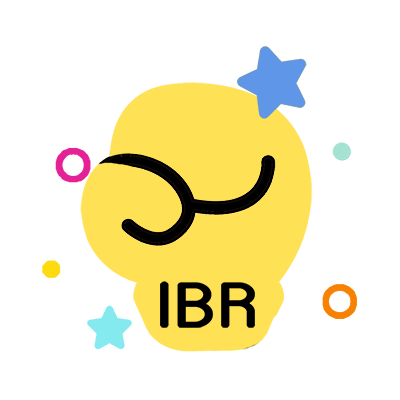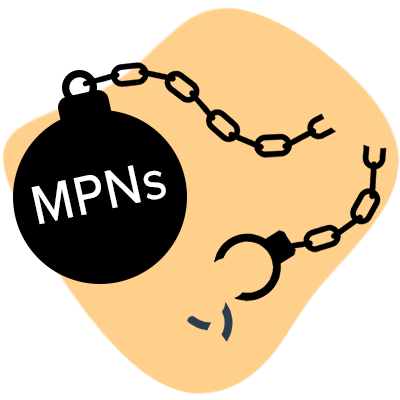CA Interpreters: Request IBR!

Interpreters are vital to California workers' comp. Without them, doctors could not treat injured workers with whom they don’t share a common language.
But sadly, interpreters are subject to the same improper payment denials as other providers who serve injured workers, according to statewide data from the California Division of Workers’ Compensation (DWC).
Publicly available Independent Bill Review (IBR) statistics reveal that almost half (49%) of all payment disputes resolved by IBR in 2023 were for interpreter services. However, there is a silver lining: the interpreter won the dispute over 99% of the time.
These data demonstrate that California interpreters must monitor each bill carefully for proper payment, submit Second Review appeals for improper denials or adjustments, and escalate to IBR if necessary (shameless plug: daisyBill makes these dispute appeals extremely easy).
Details of the DWC statistics are below.
Interpreter Disputes Dominate IBR
Of all the IBR disputes Maximus (the entity that conducts IBR on behalf of the DWC) reviewed in 2023, the most common IBR disputes were for interpreter services. The data below, compiled from the DWC website’s IBR Decision Search page, show that:
- Maximus ruled on 2,941 IBR disputes in 2023
- 1,441 (49%) of those IBR disputes were for interpreter services
At first glance, it’s terrible news for interpreters; apparently, no other kind of provider is more consistently forced to call on the state to force claims administrators to pay up. But the data include a saving grace: Maximus ruled in the interpreter’s favor in 1,430 (99%) disputes.
Applicable Fee Schedule |
IBR - Overturn (Provider Wins) |
IBR - Upheld (Provider Loses) |
Total |
Contract for Reimbursement Rates |
224 |
4 |
228 |
Hospital Outpatient Departments and Ambulatory Surgical Centers |
121 |
15 |
136 |
Inpatient Hospital Services |
17 |
5 |
22 |
Interpreter Services |
1,430 |
11 |
1,441 |
Medical-Legal Fee Schedule |
294 |
9 |
303 |
Pathology and Laboratory Services |
115 |
1 |
116 |
Pharmaceutical |
3 |
3 |
|
Pharmaceutical |
1 |
1 |
|
Physician Services |
590 |
101 |
691 |
Total |
2,795 |
146 |
2,941 |
CA Interpreters, Always Appeal!
Of course, as we recently reminded interpreters, it is critical to bill and appeal compliantly to ensure correct reimbursement. That means always submitting Second Review appeals when the claims administrator improperly denies or adjusts payment.
A provider may only request IBR after the claims administrator has conducted a Second Review and sent the provider a final Explanation of Review (EOR).
Sadly, the myth persists that because interpreter services are not listed in the Official Medical Fee Schedule (OMFS), they are not subject to Second Review; this is bunk, as proved by a 2019 California state court ruling.
Many interpreters believe securing an attorney is necessary to pursue unpaid bills. But as the IBR data above reveal, all that’s needed is to consistently utilize the established appeals process. Remember:
- Interpreters should always submit a Second Review appeal within 90 days of receiving an EOR indicating incorrect denial or payment.
- Submit Second Review appeals using the SBR-1 Form.
- If necessary, submit a request for IBR within 30 days of receiving the final EOR following Second Review.
Consistently submitting both Second Review appeals and requests for IBR will likely significantly impact any interpreter’s revenue. Do not settle for anything less than what you’re owed!
Interpreters who use daisyBill are paid more quickly and accurately. Request a free demonstration below.
REQUEST DEMO
DaisyBill provides content as an insightful service to its readers and clients. It does not offer legal advice and cannot guarantee the accuracy or suitability of its content for a particular purpose.




.gif)
.png)